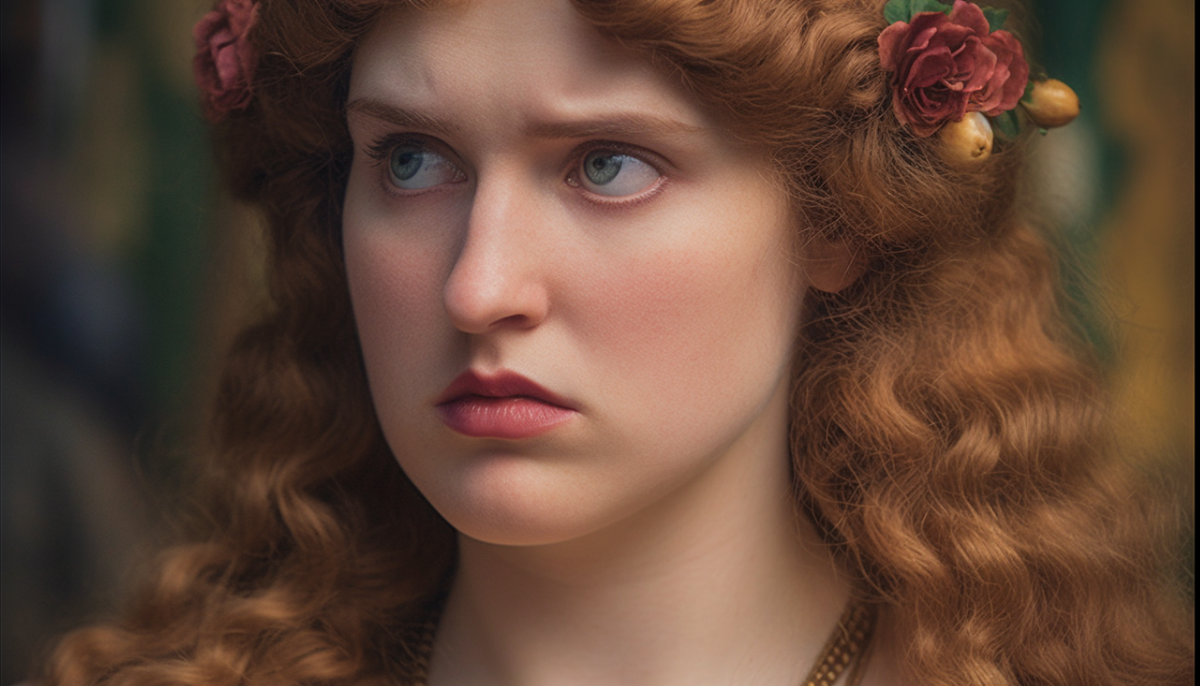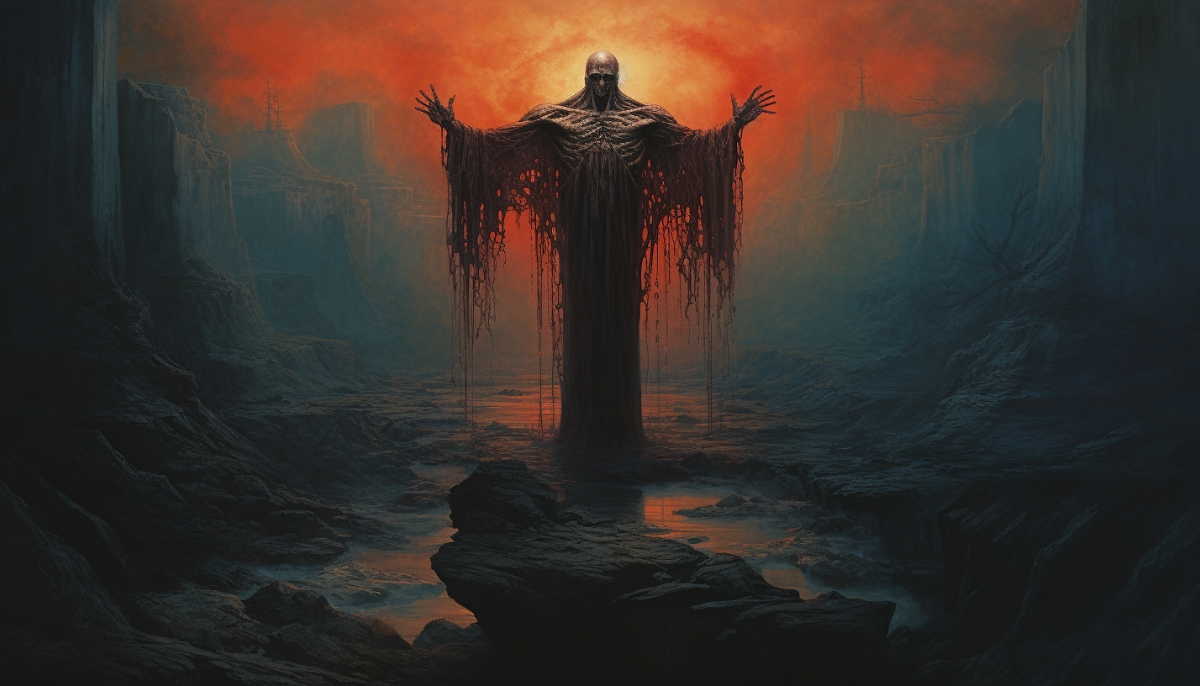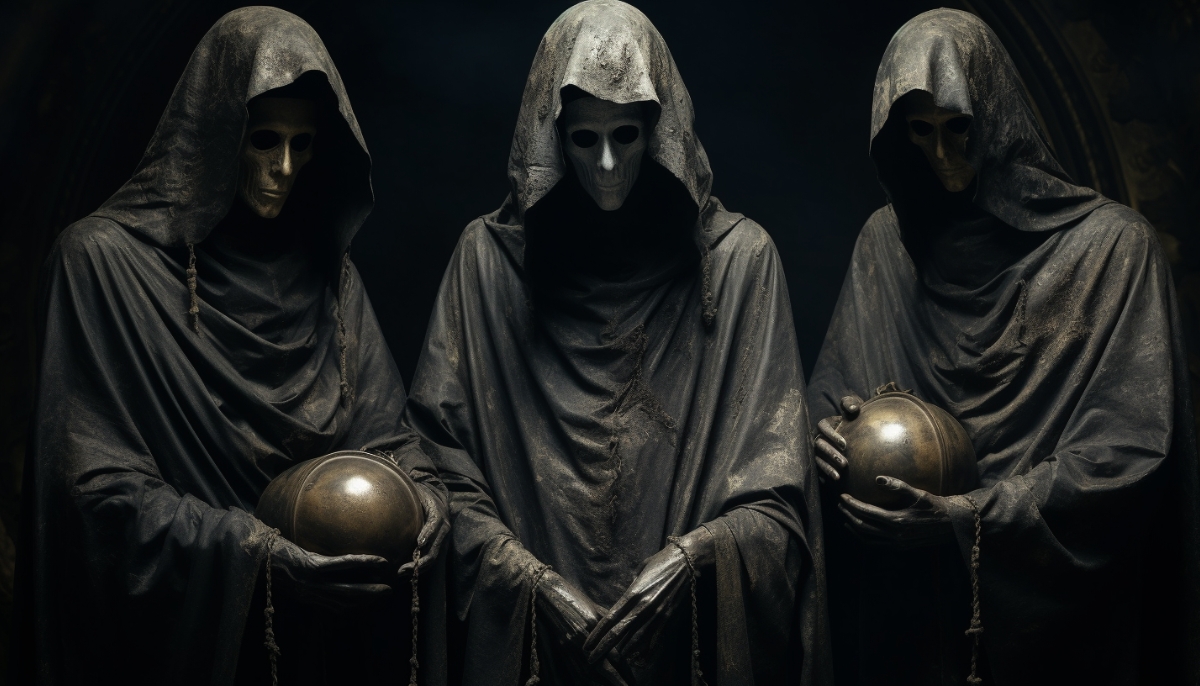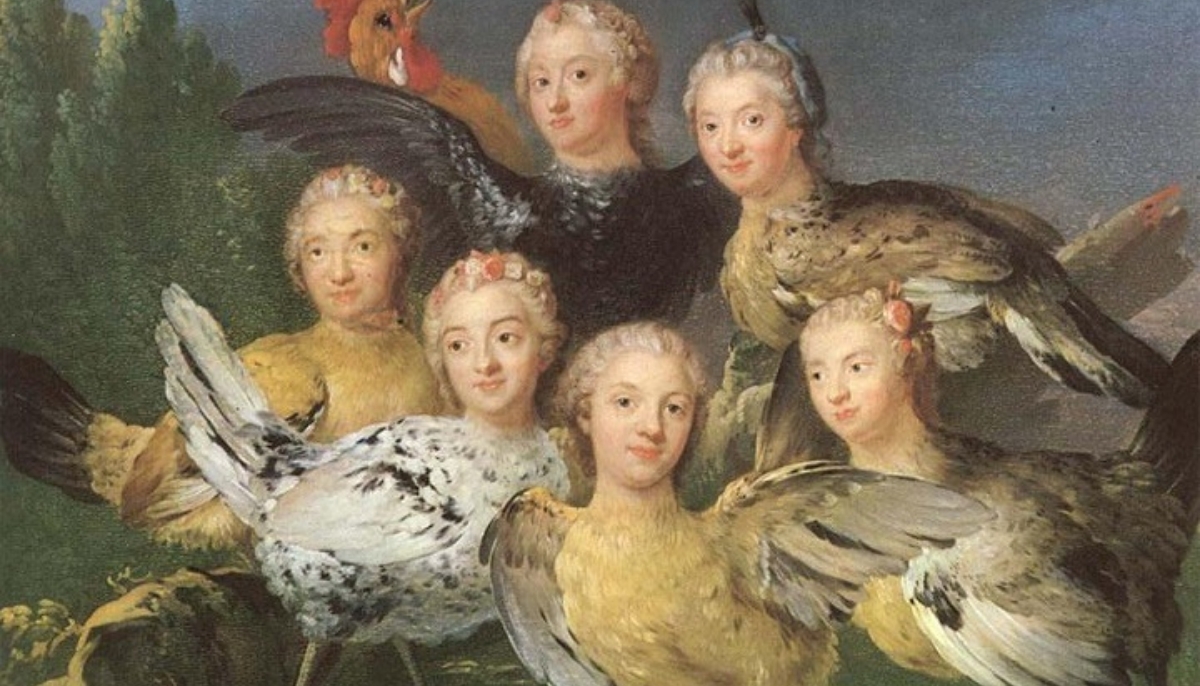Welcome to our guide on the best Greek mythology books for beginners. With its tapestry of gods, heroes, and timeless tales, Greek mythology has been a source of fascination for centuries. Understanding these myths is critical to unlocking a treasure trove of cultural, literary, and historical knowledge.
Our carefully curated list includes a variety of books that cater to every taste, encompassing ancient sources, classical compilations, and modern retellings.
We’ve placed our top recommendation right at the beginning of the article – if you’re only going to read one book to start your journey into Greek mythology, this should be it.
This article is one in a series on the best Greek mythology books.
The best Greek mythology book for beginners – Bulfinch’s Mythology, Thomas Bulfinch
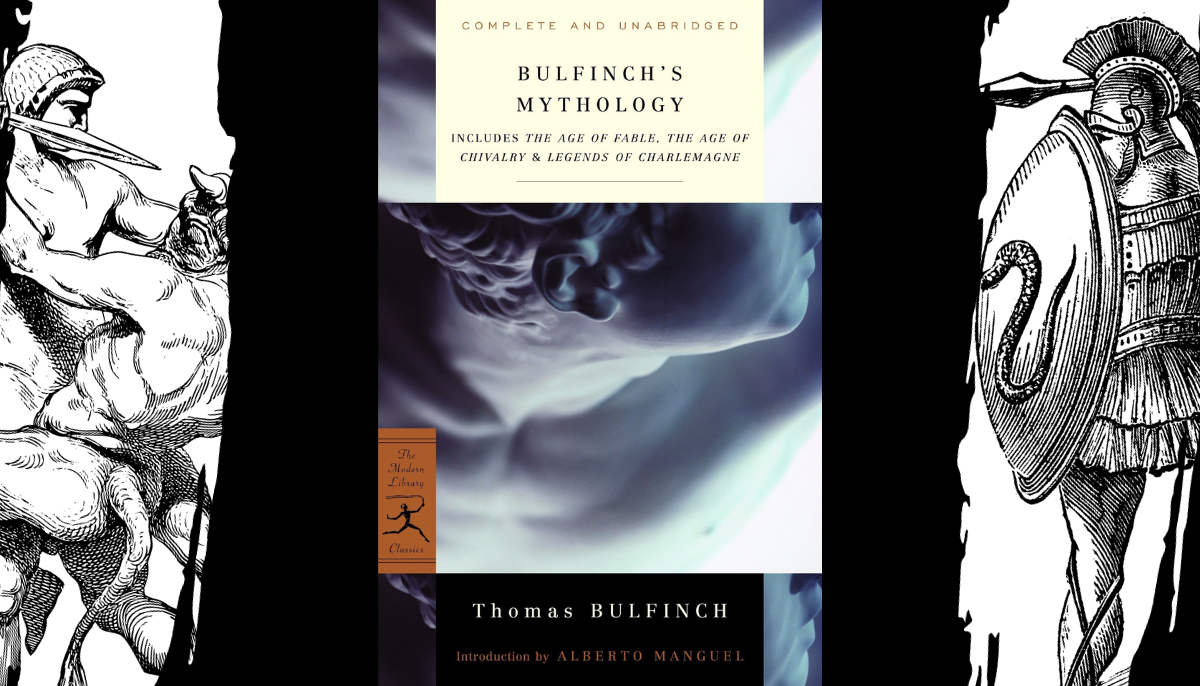
“Bulfinch’s Mythology” is our top recommendation for beginners delving into Greek mythology. This enduring work has been a key text for nearly a century and a half, introducing readers to the vast world of gods, goddesses, and heroes from Greek and Roman mythology and tales from Scandinavian, Celtic, and Oriental traditions.
The book is organized into three sections: “The Age of Fable,” which includes Greek and Roman myths; “The Age of Chivalry,” featuring tales of King Arthur and other knightly legends; and “Legends of Charlemagne.” Bulfinch’s approach to these stories is based on classical sources like Ovid and Virgil and other traditional texts.
“Bulfinch’s Mythology” is renowned for its readability and engaging style. The myths are told in an informative and entertaining way, making them accessible to a broad audience. The book includes many stories, from the intrigues of Mount Olympus and the Trojan War to the adventures of Ulysses and Aeneas, Norse legends, and heroic tales like Beowulf and Robin Hood.
Bulfinch himself noted the importance of understanding mythology to fully appreciate and understand the literature and culture of the Western world. His book makes these stories not only a source of knowledge but also a source of amusement.
Greek Myths, Robert Graves
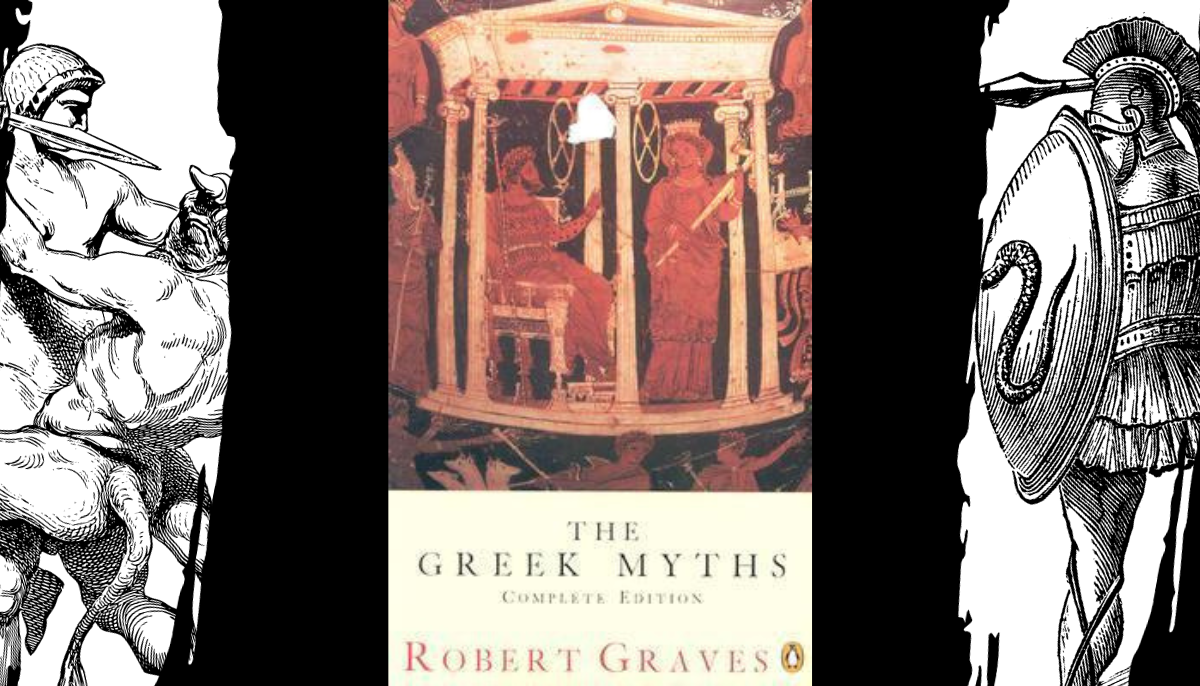
“The Greek Myths” by poet and scholar Robert Graves is a comprehensive collection that combines the complete texts of his definitive two-volume classic on Greek mythology. This collection is essential for fully appreciating literature and visual art, as it delves deeply into the ancient myths foundational to Western culture.
Graves retells the immortal stories of Greek mythology with his characteristic erudition and flair. The collection includes famous tales such as Demeter mourning her daughter Persephone, Icarus flying too close to the sun, and the story of Theseus and the Minotaur. Each story is captured with detail and literary grace that reflects Graves’ expertise as both a novelist and a poet.
What sets this collection apart is Graves’ imaginative and poetic style of retelling. His approach makes these fantastic stories from Ancient Greece more engaging and accessible to the general reader. Alongside each story, Graves provides interpretations of the origins and deeper meanings, offering readers unparalleled insight into the customs and development of the ancient Greek world.
The Hero With a Thousand Faces, Joseph Campbell
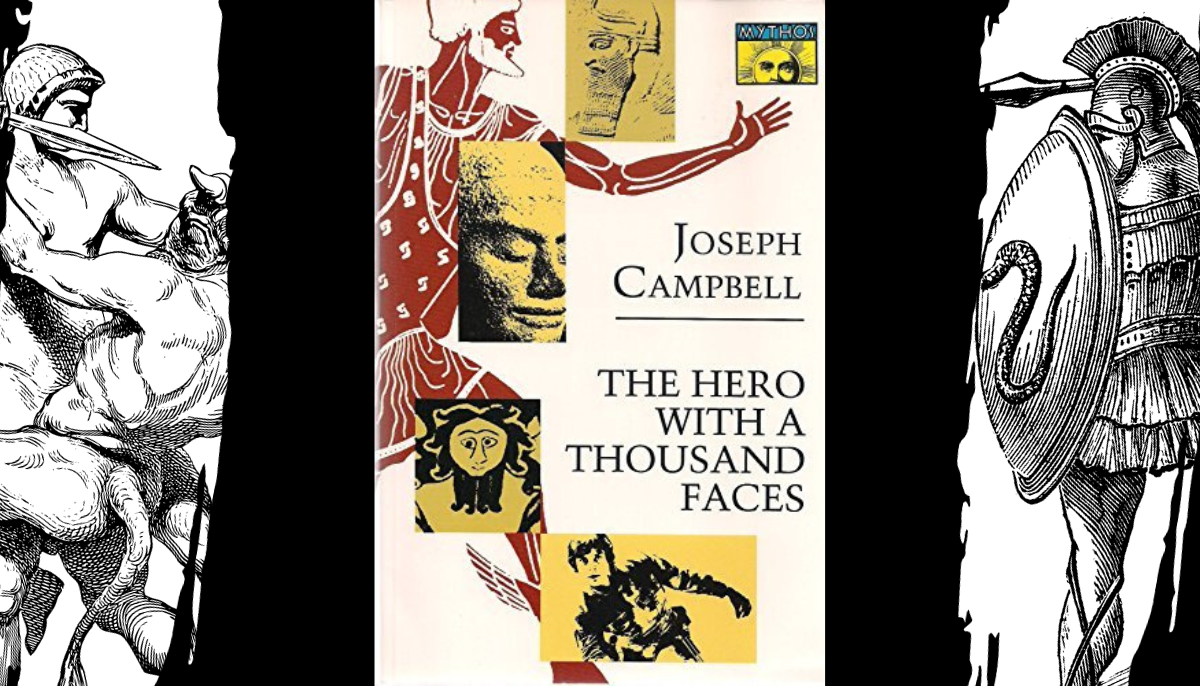
“The Hero With a Thousand Faces” by Joseph Campbell is a groundbreaking work that blends the insights of modern psychoanalysis with the archetypes of world mythology. This influential book offers a unique roadmap for understanding the challenges of contemporary life through the lens of heroic myths.
Campbell’s work examines these myths in light of modern psychology, revealing the patterns and stages common to mythological narratives across different cultures. He explores the relevance of these stories to our lives today, offering insights into the journey toward personal fulfillment and realization.
According to Campbell, mythology serves as a projection of a culture’s dreams and aspirations. “The Hero With a Thousand Faces” delves into these narratives, providing a big-picture analysis of the human experience reflected in mythological stories.
This book is an essential resource for anyone interested in mythology. It is equally valuable for seasoned students of the subject and those just beginning to explore myth as a source of knowledge and understanding.
D’Aulaires’ Book of Greek Myths, Edgar Parin d’Aulaire and Ingri Parin d’Aulaire
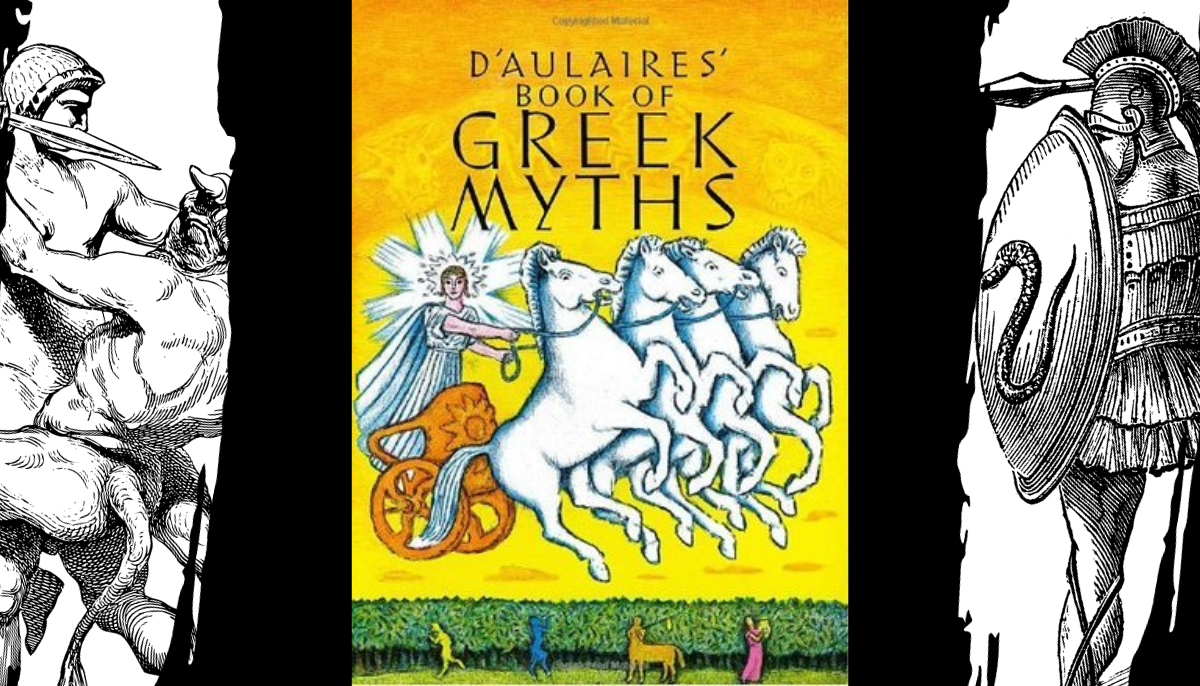
“D’Aulaires’ Book of Greek Myths” is an excellent starting point for beginners delving into Greek mythology. Created by Caldecott winners Ingri and Edgar Parin d’Aulaire, this book is a treasure trove of myths featuring gods, goddesses, and legendary figures like Zeus, Athena, Helios, and King Midas. The d’Aulaires’ approach is unique in its relaxed and humorous tone, making the ancient tales accessible and enjoyable for readers of all ages.
The illustrations in this book are a standout feature. Each page is filled with detailed and witty artwork that brings the stories to life, complementing the text and enhancing the reader’s understanding of the myths.
Highly regarded for its readability and appeal to a broad audience, “D’Aulaires’ Book of Greek Myths” has been praised for its value as a read-aloud book for younger children and a self-reading book for older ones. It’s been recognized as a children’s classic, offering an excellent introduction to the rich world of Greek mythology.
Mythology, Edith Hamilton
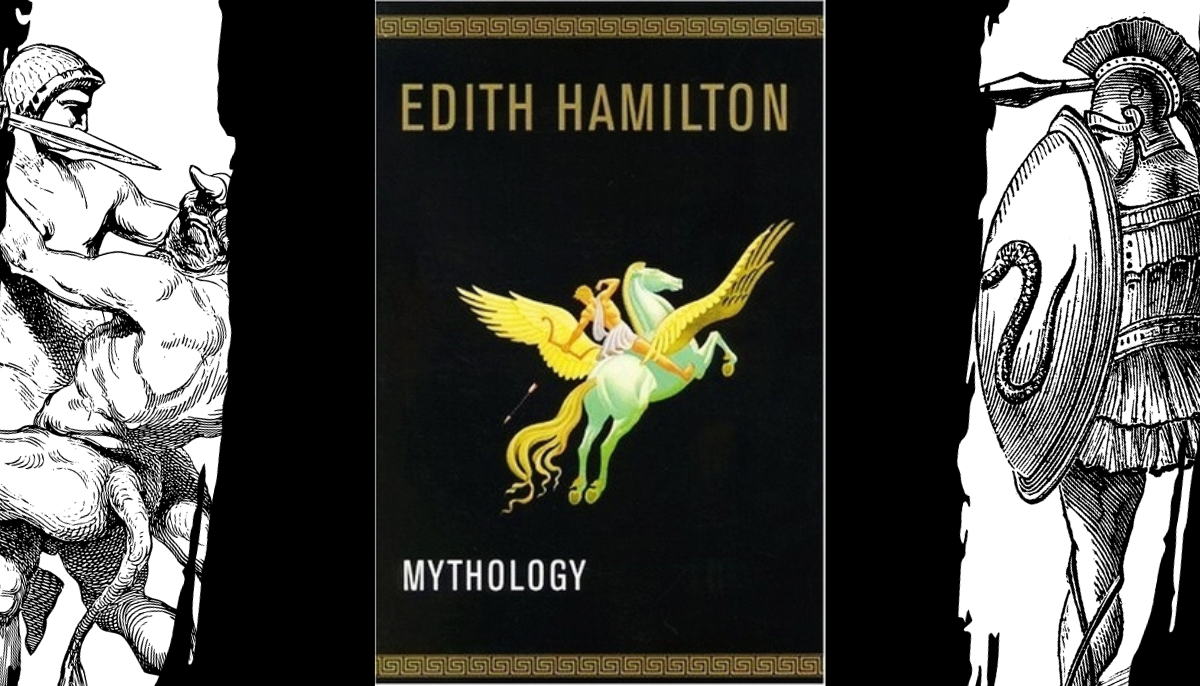
“Edith Hamilton’s Mythology” is a classic work that offers a comprehensive and engaging introduction to Greek, Roman, and Norse myths. This book has captivated millions of readers with its vivid retelling of the tales that form the foundation of Western culture.
Hamilton’s work is renowned for bringing these ancient myths to life for the modern reader. The book covers a wide range of stories, from the gods of Olympus and Norse gods in Valhalla to the drama of the Trojan War and Odysseus’ wanderings. It includes the tales of Jason and the Golden Fleece, Cupid and Psyche, and King Midas.
One of the critical strengths of “Mythology” is its exploration of these myths’ cultural and literary significance. It delves into how they have influenced various aspects of art, literature, and even modern psychological concepts like Freud’s Oedipus complex.
mythos, Stephen Fry
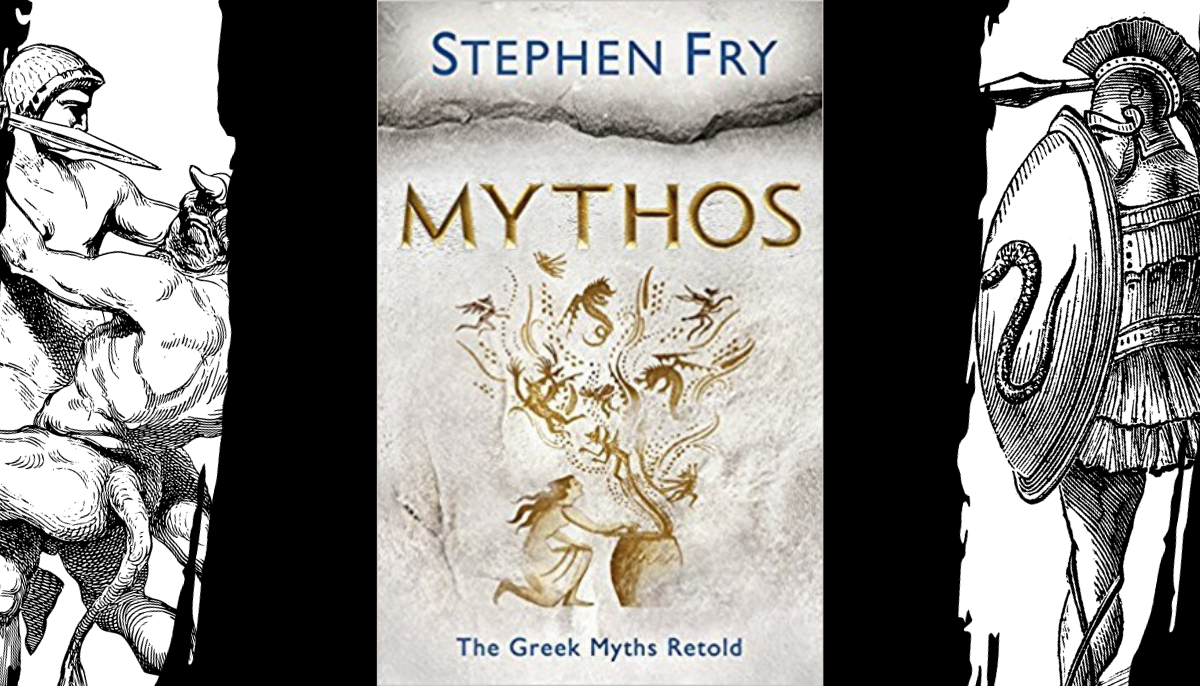
“Mythos” by Stephen Fry is a modern retelling of Greek myths, showcasing Fry’s unique blend of humor, intelligence, and narrative flair. In this book, Fry reimagines the adventures of Zeus and the Olympians, transforming them into emotionally engaging and deeply humorous stories while maintaining their original wonder and grandeur.
The book is beautifully complemented by classical artwork inspired by the myths and insightful notes from the author. Fry’s distinctive voice and writing style are evident throughout, making the myths accessible and enjoyable for a wide audience. His retellings are infused with humor and emotion, providing rich cultural context and a fresh perspective on these timeless tales.
From Pandora’s box to Prometheus’s fire, “Mythos” celebrates the thrills and entertainment value of Greek myths. This volume is a must-read for anyone interested in a contemporary take on classic stories, delivered with wit, charm, and reverence.
heroes, Stephen Fry
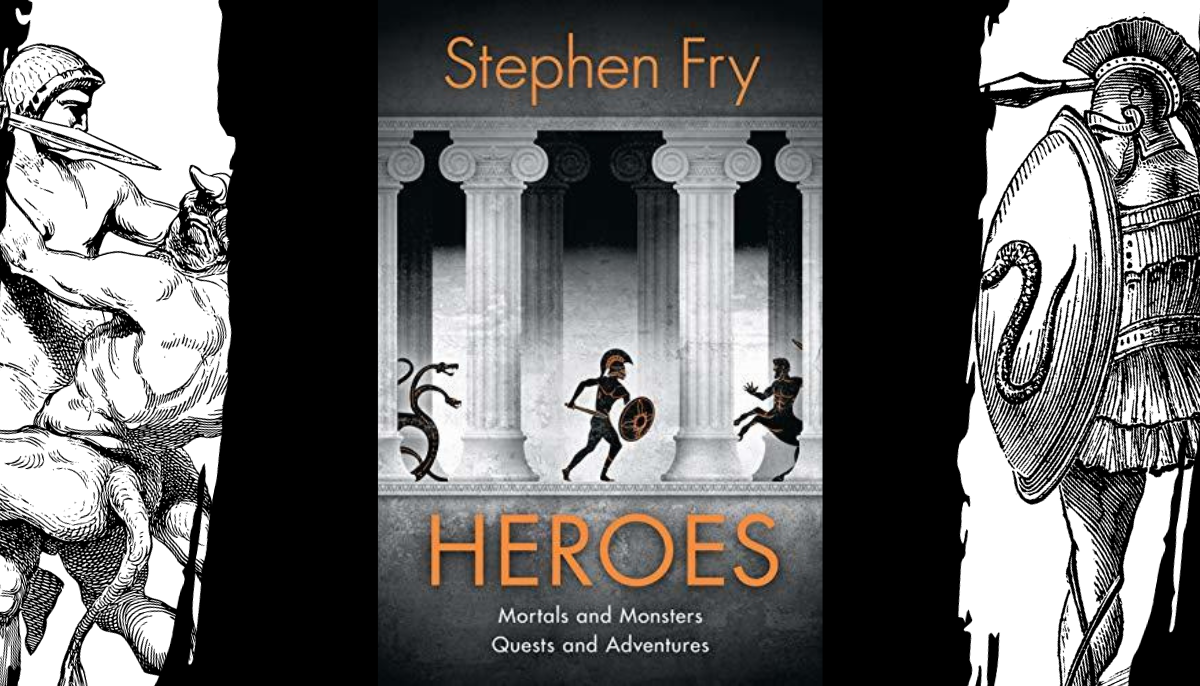
“Heroes” by Stephen Fry is a masterful retelling of the tales of Greek heroes, following the success of his previous work, “Mythos.” This book brings to life the adventures, trials, and triumphs of some of the most iconic figures in Greek mythology.
Fry’s narrative style brings a unique flair to these ancient stories, making them dramatic, humorous, tragic, and timeless all at once. Readers are invited to join Jason on his quest for the Golden Fleece aboard the Argo, witness Atalanta’s unmatched speed, and delve into the cunning of Oedipus as he solves the riddle of the Sphinx.
“Heroes” is filled with thrilling chases, daunting battles, perplexing puzzles and riddles, and a range of human emotions from cowardice to bravery and cruelty to self-sacrifice. It highlights the extremes of what mortals are capable of, showcasing their darkest and most noble qualities.
Troy, Stephen Fry
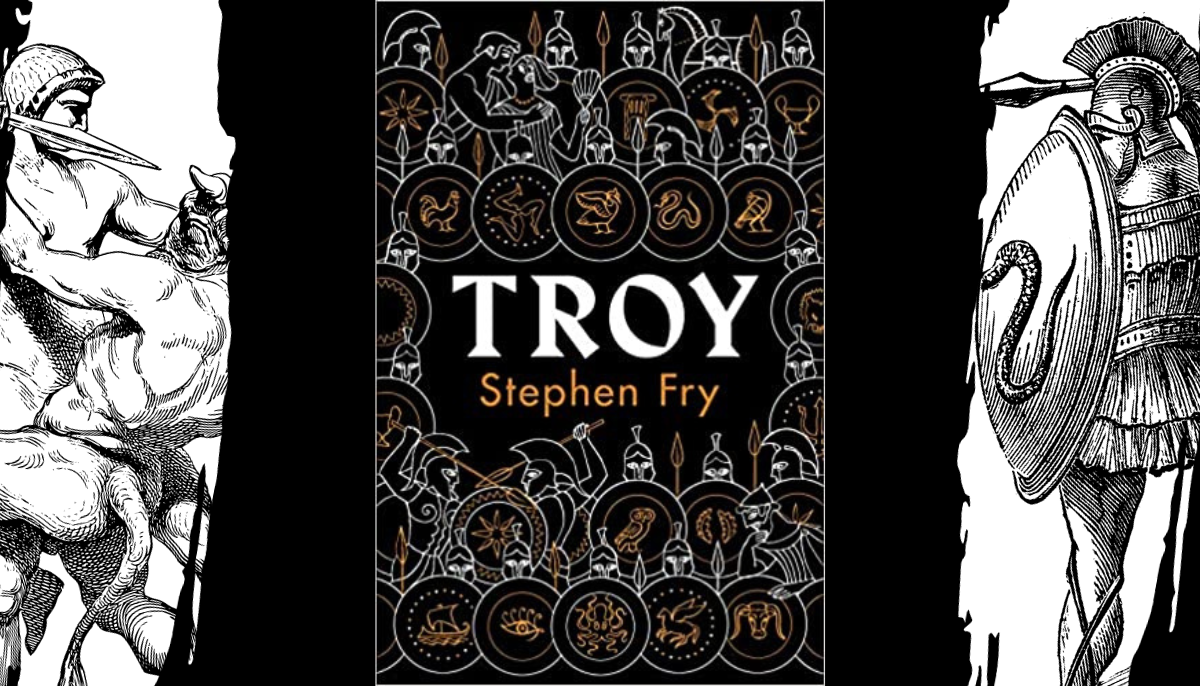
“Troy” is a compelling retelling of the classic story of the Trojan War, a tale that resonates through the ages. This narrative captures the essence of human emotions and the complexities of war, presenting a story that is as relevant today as it was in ancient times.
The book delves into the infamous incident of Helen’s kidnapping, which triggers the Greeks to launch a thousand ships against Troy, leading to a ten-year siege. This war is not just about the clash of armies; it’s also a story of strained alliances, heroism, hatred, and the tragedies that unfold on both sides.
Its focus on the human aspects of the story makes it a compelling read, providing insights into the complexities and consequences of war and human emotions.
The Iliad, Homer
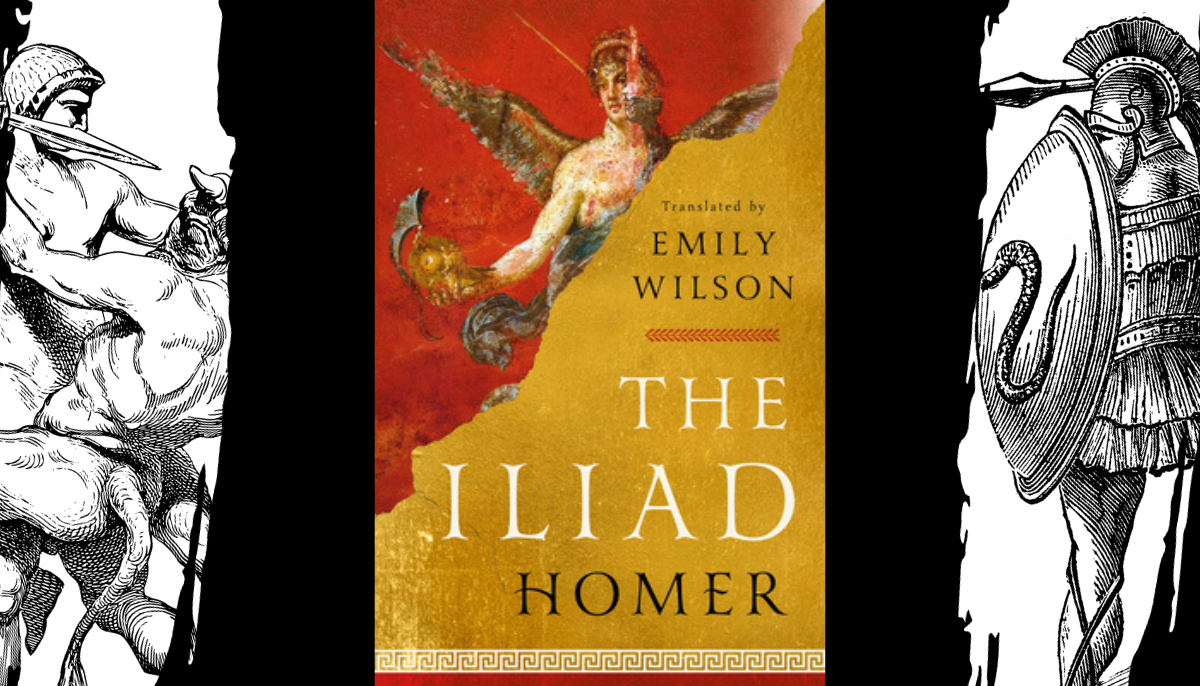
“The Iliad” by Homer is essential for anyone interested in Greek mythology. This epic poem is a cornerstone of ancient Greek literature and a foundational work of Western culture. It tells the story of the last weeks of the Trojan War, focusing on the conflict between the great warrior Achilles and King Agamemnon, and includes the famous episodes involving Hector, Paris, and Helen of Troy.
The narrative of “The Iliad” is rich with themes of heroism, honor, the capricious nature of the gods, and the tragic and often brutal realities of war. Homer’s skillful storytelling weaves these themes into a compelling tapestry that has captivated readers for centuries.
The influence of “The Iliad” extends far beyond its historical and cultural significance; it has shaped countless works of literature, art, and philosophy throughout history. Its impact on storytelling and the portrayal of mythological themes can be seen in many modern narratives.
Reading “The Iliad” is a journey into the world of ancient Greek heroes and gods, offering a deep understanding of the time’s values, beliefs, and struggles. For those exploring Greek mythology, it provides invaluable context and insight, making it a must-read in studying these ancient tales.
The Odyssey, Homer
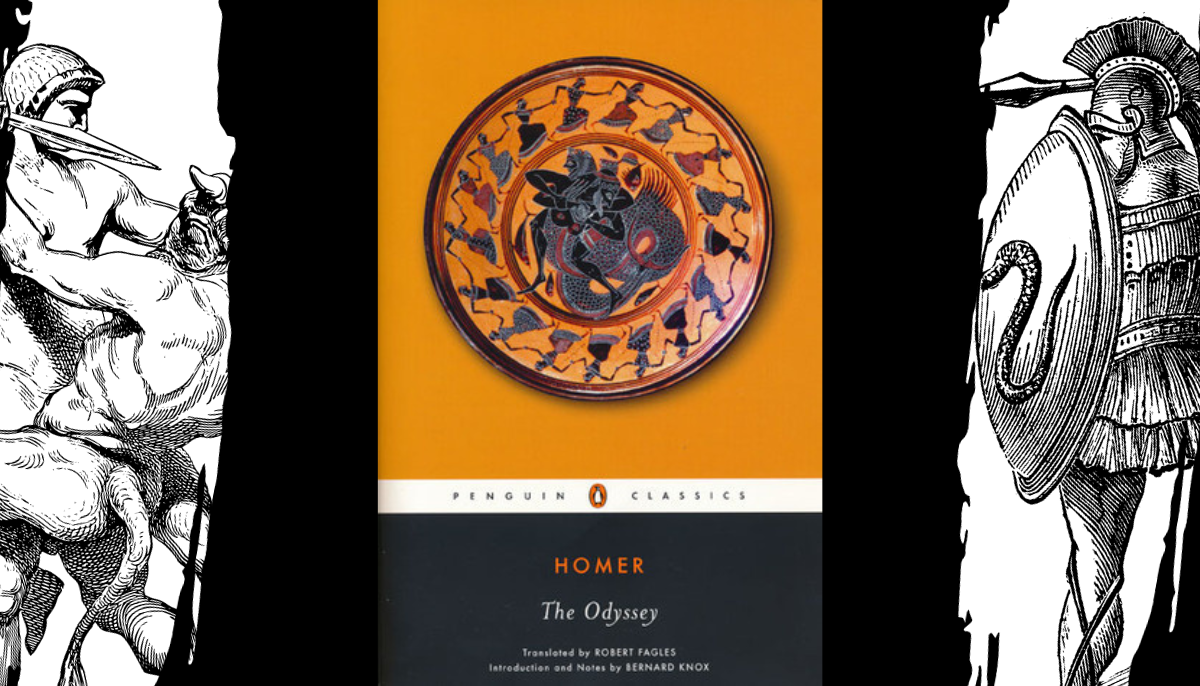
“Homer’s The Odyssey” is another indispensable read for enthusiasts of Greek mythology. Following “The Iliad,” this epic poem recounts Odysseus’ journey to return home to Ithaca after the Trojan War. It’s a story that combines adventure, magic, and the intervention of gods, portraying Odysseus’s ten-year voyage filled with formidable challenges, mythical creatures, and divine encounters.
The Odyssey is celebrated for exploring themes such as perseverance, loyalty, and the human struggle against external obstacles and personal flaws. Homer’s narrative skillfully intertwines these themes with the fantastical elements of mythology, creating a tale that is as enthralling as it is profound.
This epic has profoundly influenced Western literature and thought, setting the standard for the quest narrative and the exploration of human complexity. Its impact is seen in countless works across various mediums, making it a foundational text in the study of literature and mythology.
Its status as a classic of world literature makes it a must-read, providing both enjoyment and insight into the enduring power of myth and storytelling.

